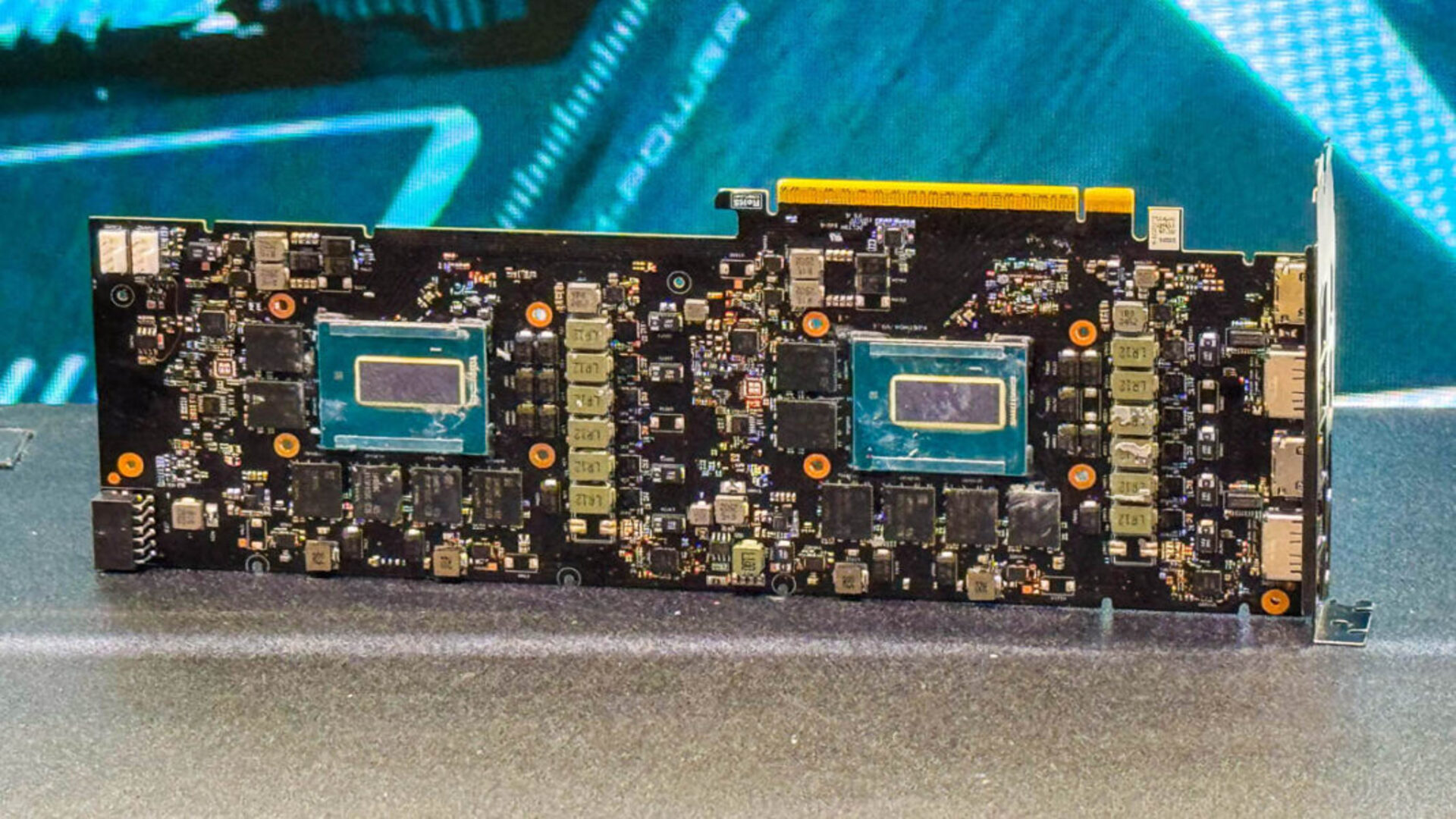Python Can Now Call Code Written in Chris Lattner's Mojo
Mojo (the programming language) reached a milestone today. The story so far... Chris Lattner created the Swift programming language (and answered questions from Slashdot readers in 2017 on his way to new jobs at Tesla, Google, and SiFive). But in 2023, he'd created a new programming language called Mojo — a superset of Python with added functionality for high performance code that takes advantage of modern accelerators — as part of his work at AI infrastructure company Modular.AI. And today Modular's product manager Brad Larson announced Python users can now call Mojo code from Python. (Watch for it in Mojo's latest nightly builds...) The Python interoperability section of the Mojo manual has been expanded and now includes a dedicated document on calling Mojo from Python. We've also added a couple of new examples to the modular GitHub repository: a "hello world" that shows how to round-trip from Python to Mojo and back, and one that shows how even Mojo code that uses the GPU can be called from Python. This is usable through any of the ways of installing MAX [their Modular Accelerated Xecution platform, an integrated suite of AI compute tools] and the Mojo compiler: via pip install modular / pip install max, or with Conda via Magic / Pixi. One of our goals has been the progressive introduction of MAX and Mojo into the massive Python codebases out in the world today. We feel that enabling selective migration of performance bottlenecks in Python code to fast Mojo (especially Mojo running on accelerators) will unlock entirely new applications. I'm really excited for how this will expand the reach of the Mojo code many of you have been writing... It has taken months of deep technical work to get to this point, and this is just the first step in the roll-out of this new language feature. I strongly recommend reading the list of current known limitations to understand what may not work just yet, both to avoid potential frustration and to prevent the filing of duplicate issues for known areas that we're working on. "We are really interested in what you'll build with this new functionality, as well as hearing your feedback about how this could be made even better," the post concludes. Mojo's licensing makes it free on any device, for any research, hobby or learning project, as well as on x86 or ARM CPUs or NVIDIA GPU. Read more of this story at Slashdot.

Read more of this story at Slashdot.



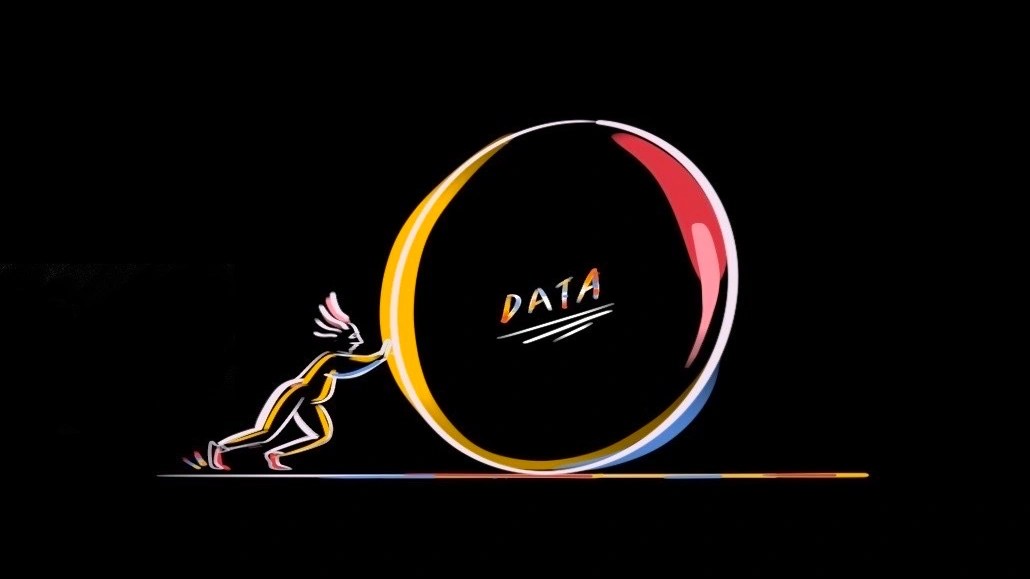
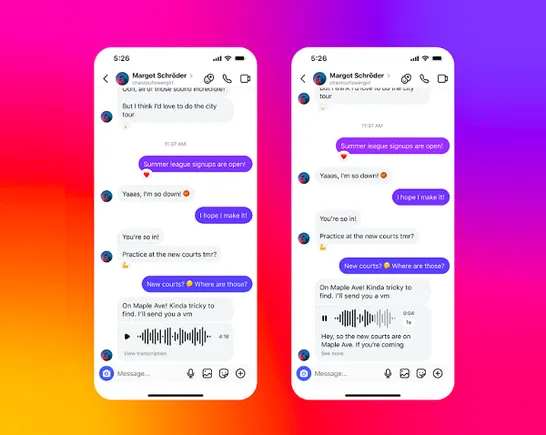
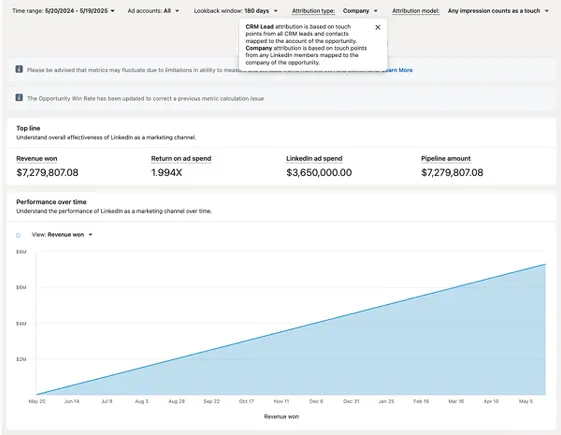
































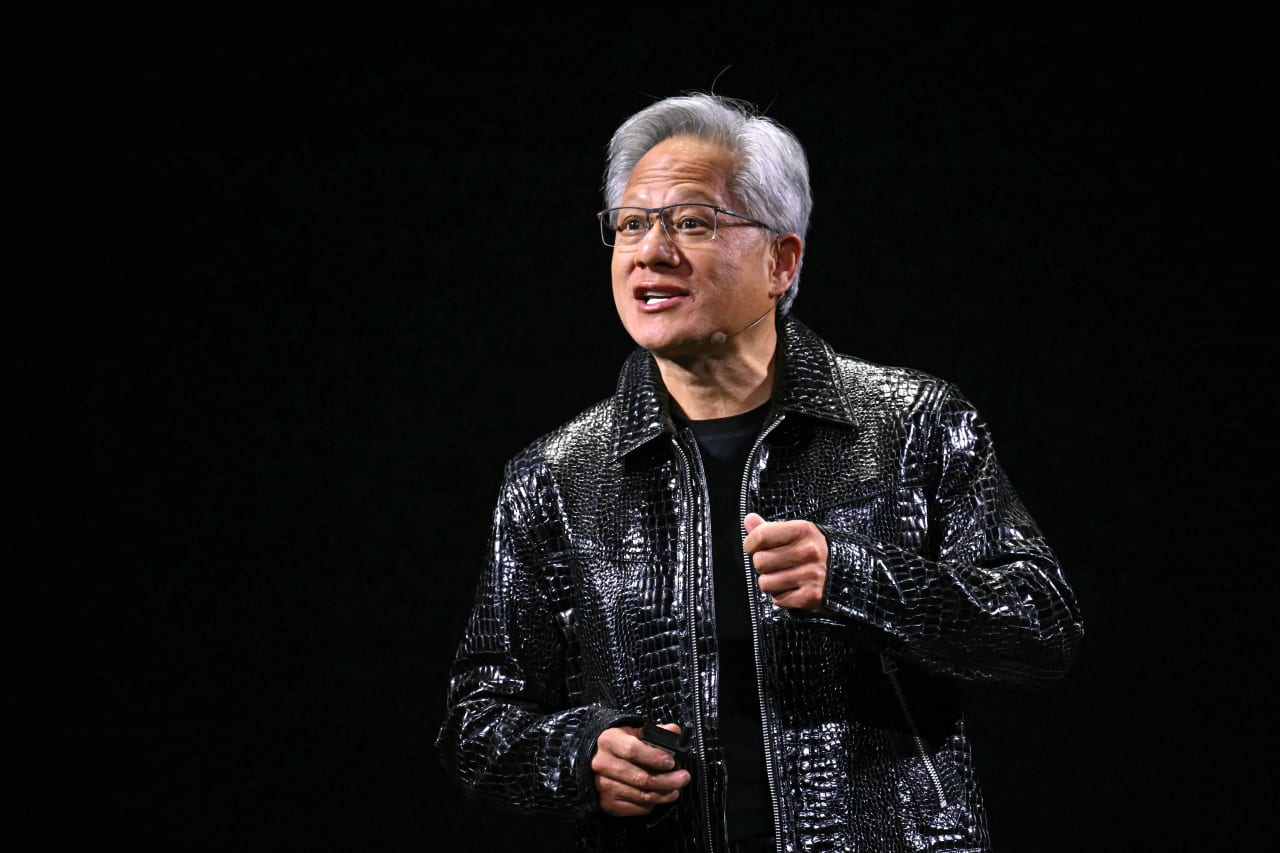






























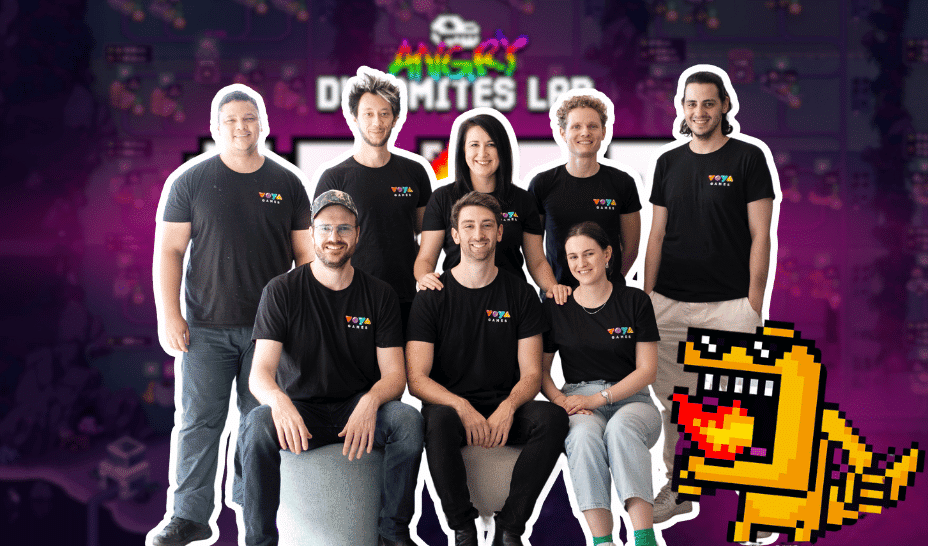
































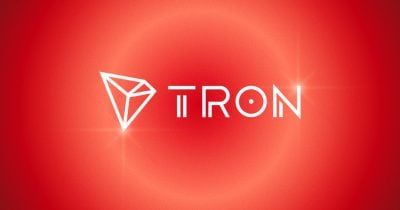



































![The Last of Us season 2 ending explained: is [spoiler] dead and how this chapter's final scene sets up the hit HBO show's third season](https://cdn.mos.cms.futurecdn.net/G7dVVixCAH72jHCMVfGisd.jpg?#)

